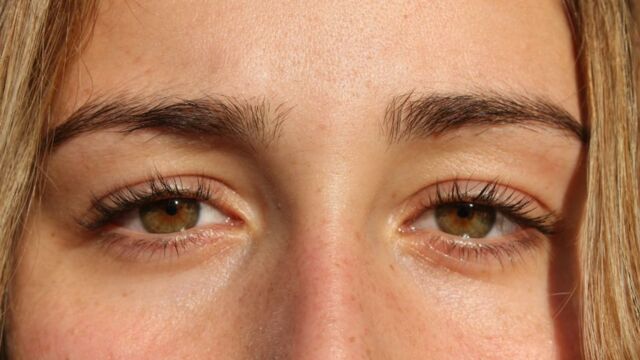Drinking: This is what alcohol does to your skin

There’s no point in packing on the moisturisers, serums, and acids if you’re going to be dehydrating your skin from the inside.
Have you ever noticed that your skin looks absolutely lifeless the morning after you downed a few too many drinks with your friends? Sadly, that’s not a mere coincidence. Drinking can have dangerous effects on your skin, especially if you’re indulging in the habit more often than what’s considered to be healthy. And while the best thing for your skin is to cut alcohol out of your life forever, there are ways you can combat its damaging effects without going sober.
Discover our latest podcast
Dehydration
First things first, alcohol is a substance that deeply dehydrates every part of your body, including your skin. That’s exactly why it looks dead when you wake up in the morning after getting a little tipsy. According to dermatologist Dr. Tess Mauricio and CEO of MBeautyClinic.com, dehydration can then cause ‘wrinkles and pores to be more visible.’ She said while talking to Insider:
More under this adMore under this adYour skin will lose its natural plumpness and healthy glow.

In order to protect your skin from the dangers of dehydration, registered dietician Lisa Richards told Byrdie that it is possible to keep your body hydrated even during a night out. She suggests drinking a glass of water for every alcoholic beverage that you have. She said:
Consider drinking a glass of water between each alcoholic beverage. It will likely increase your trips to the bathroom but will leave your skin well hydrated and may even mitigate headaches.More under this adMore under this ad
Inflammation
If you thought the sun was the only enemy of your skin, you’ll be surprised to find out that inflammation is next in line. It’s actually the second most common condition that increases the process of ageing, and guess what causes inflammation? Drinking! Jairo Rodriguez, a nutritionist from New York, explained to Vogue that what some people consider a little blush from drinking too much could actually go on to become a long-term problem. She said:
Alcohol inflames the tissue, and systemic inflammation to the skin caused by alcohol creates a histamine reaction—that creates the redness, the flushing of the skin.More under this adMore under this ad
At first you think, Oh, [I’m] a little red, not a big deal, but over a period of time—six months, a year, two years—if you continue drinking, it can become a prominent facial redness you can’t get away from.
To decrease your chances of getting alcohol-induced inflammation, Lisa Richards suggests drinking clear alcohol. She explained:
More under this adMore under this adIf you choose to drink, opt for clear alcohol. A general rule of thumb is the clearer, the better. You can also opt for a vodka without wheat as wheat can cause inflammation of the face.
Acne
While there is no concrete evidence that has directly linked the consumption of alcohol to acne, you should know that drinking disrupts a whole network of systems in your body. And that disruption is then reflected in the skin. According to experts at Healthline, a few studies found that drinking can cause an imbalance in hormones. An increase in hormone levels can ‘stimulate your oil glands’ which in turn heightens oil production, clogs the pores, and triggers a breakout.
More under this adMore under this ad
To limit the effects of alcohol on your skin and your body, you should moderate the amount you consume. The health media states that for women and men older than 65, moderate drinking is having up to one drink a day. One drink is either 5 ounces of wine, 12 ounces of beer, or 1.5 ounces of liquor. For men under the age of 65, drinking up to two glasses is considered moderate.
More under this adMore under this ad